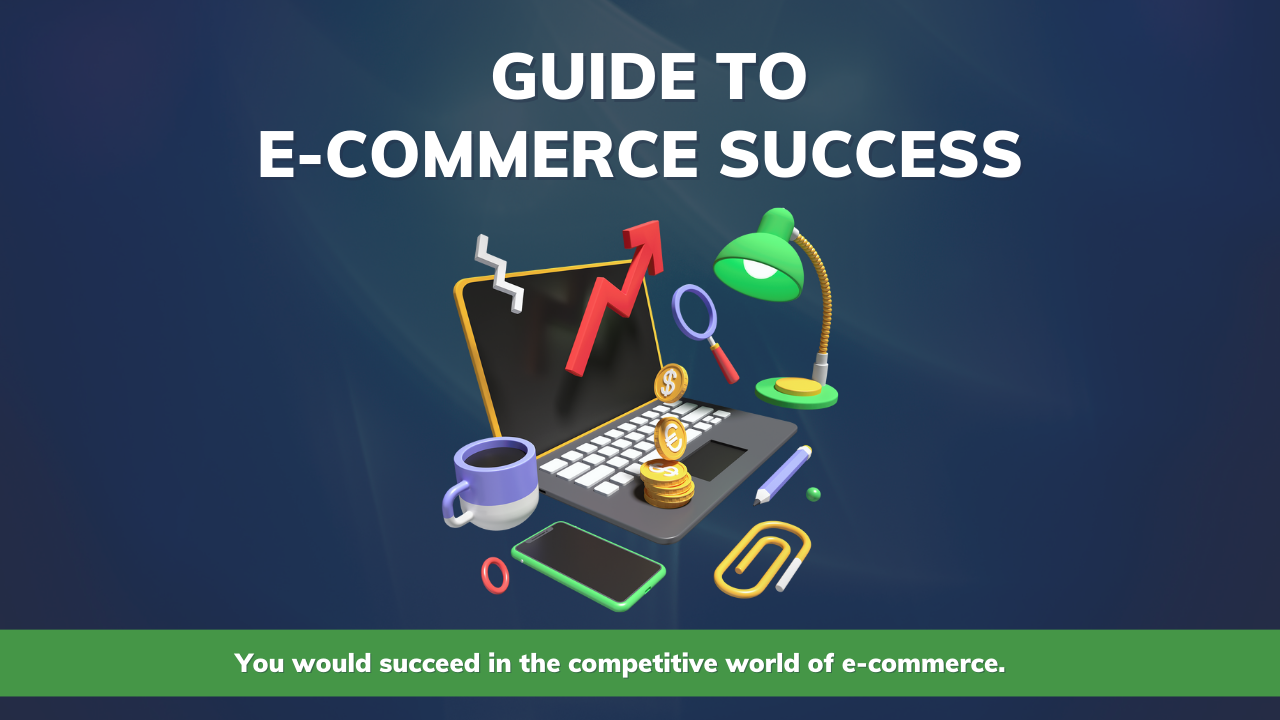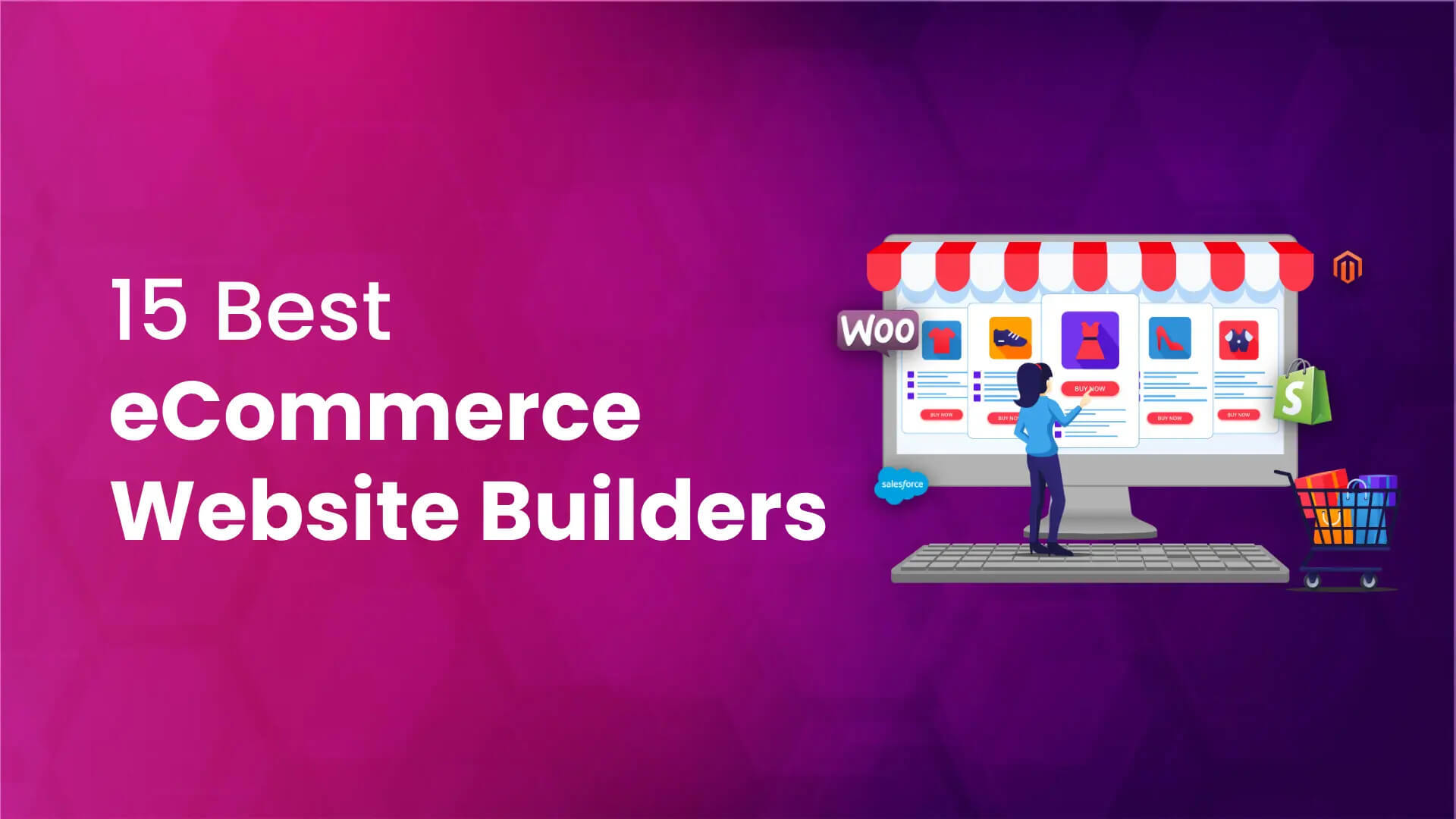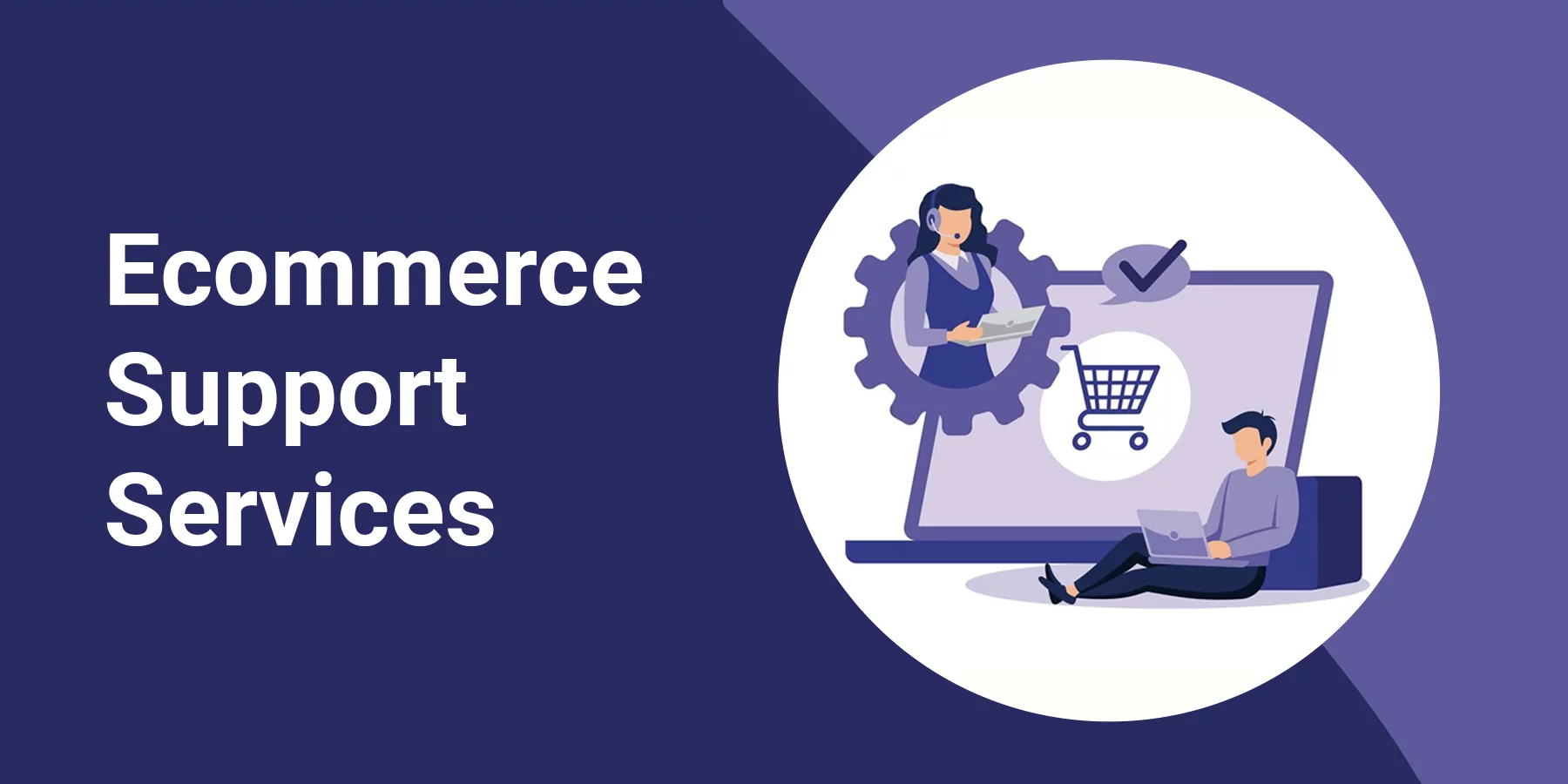E-commerce, or electronic commerce, refers to the buying and selling of goods and services over the internet. It has become a major force in the global economy, offering businesses the opportunity to reach a wider audience and operate on a global scale.
Key Components of an E-commerce Business
- Online Store: A website or platform where customers can browse and purchase products or services.
- Payment Gateway: A system that processes online payments securely.
- Inventory Management: Tracking and managing product stock levels.
- Shipping and Logistics: Handling the transportation and delivery of products.
- Customer Service: Providing support and assistance to customers.
- Marketing and Advertising: Promoting products and services online.
Benefits of Starting an E-commerce Business
- Low Startup Costs: Compared to brick-and-mortar stores, e-commerce businesses often have lower overhead costs.
- Global Reach: E-commerce allows businesses to sell products and services to customers worldwide.
- Flexibility: E-commerce businesses can operate from anywhere with an internet connection.
- Data-Driven Insights: E-commerce platforms provide valuable data on customer behavior and preferences.
- Scalability: E-commerce businesses can easily scale up or down to meet demand.
Challenges of Starting an E-commerce Business
- Competition: The e-commerce market is highly competitive, requiring businesses to differentiate themselves.
- Technical Challenges: Building and maintaining an online store requires technical expertise.
- Shipping Costs: Shipping costs can be significant, especially for international orders.
- Customer Acquisition: Attracting and retaining customers can be challenging.
- Security Concerns: Protecting customer data and preventing online fraud is essential.
Tips for Success in E-commerce
- Know Your Target Market: Understand your ideal customers’ needs, preferences, and buying behavior.
- Build a User-Friendly Website: Ensure your website is easy to navigate and mobile-friendly.
- Optimize for Search Engines: Use SEO techniques to improve your website’s visibility in search engine results.
- Provide Excellent Customer Service: Respond promptly to customer inquiries and address issues effectively.
- Leverage Social Media: Use social media platforms to connect with customers and promote your products.
- Stay Updated on Trends: Keep up with the latest e-commerce trends and technologies.
By carefully considering these factors and implementing effective strategies, you can increase your chances of success in the competitive world of e-commerce.














Leave a Reply